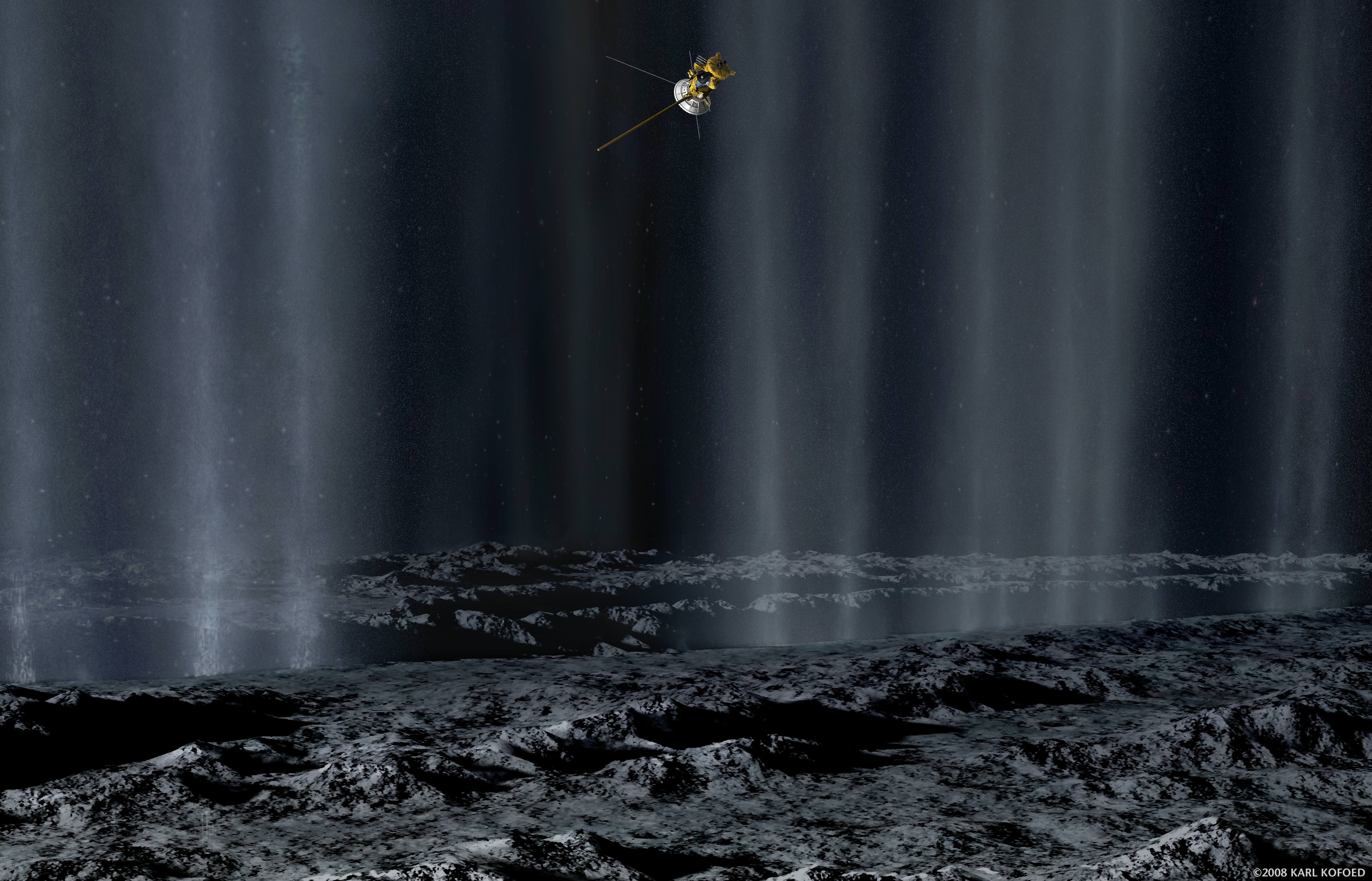Wolfshadw
Moderator
This is a curious topic for me.
Some have said that we have strong immunity to alien life forms. I assume they are saying that our DNA structure for our cells will easily reject them so that they can't sneak into our cell system.
Is this correct?
If so, what happens when we grill some alien "cattle" on the grill? Can we digest such dissimilar bioforms?
Seeing how we've never come across alien life forms, I'd say it's a little premature to state. We have no idea how an alien DNA would interact with ours. For all we know, we're one passing meteor away from global extinction.
-Wolf sends




